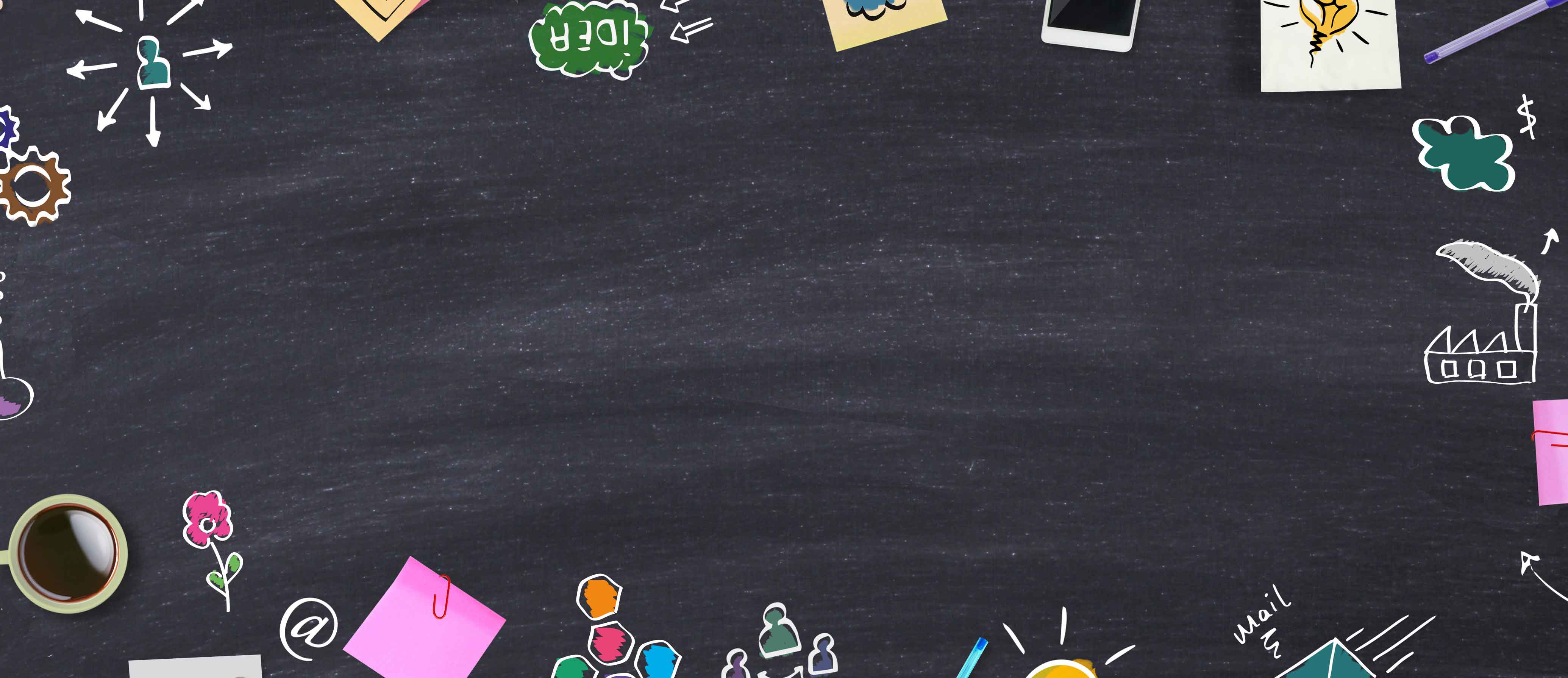
Co-creation is a widely used, but loosely defined term that has been applied in different contexts. While originally stemming from an innovation and business context, the use of the term seems to have diversified.
The GoNano definition of co-creation:
Co-creation activities enable productive collaborations between researchers and societal stakeholders over longer timeframes, focusing on specific nanotechnology research lines, leading to tangible outcomes such as a new research avenue, proposal, product or prototype.
Co-creation can thus be understood as a collaborative development of new value (concepts, solutions, products and services) together with various stakeholders (such as organized customers, industry, research, civil society organisations and policymakers). Co-creation is a form of collaborative innovation: ideas are shared and improved together. In the GoNano project, the outcome of the co-creation process takes the form of nine concrete product suggestions for future nanotechnology applications in the areas of health, energy and food (three for each). The methodology for the co-creation process builds on the framework of Responsible Research and Innovation (RRI) and the Mutual Learning and Mobilisation (MML) scheme. Both are included in the co-creation methodology (see also Shelley-Egan et al. 2018), by having a co-creation process that:
- Aims to include a diverse group of actors from research, industry and policy to civil society organisations and citizens,
- Is adapted to take into account gender, cultural values and differences in communication traditions – and asks participants to reflect on these conditions for the development of future nanotechnology R&I,
- Is open and transparent, and where participants can continuously follow the steps of the co-creation process as well as see how their input is used in the co-creation process,
- Is interactive both in its methods but also in the tools it utilises for participants and the project to stay connected in an ongoing dialogue.
The outcomes of the co-creation should uphold the following statements.
- The nine product suggestions are: judged as acceptable, sustainable, socially desirable by the participants in the co-creation process; aligned to societal values; solutions to societal challenges in nanotechnology research and innovation for Food, Health or Energy,
- Participants who are mutually responsive to each other, and who feel empowered to contribute to the future development frameworks of governing R&I processes that build on the GoNano approach.
Co-creation as a concept aims at integrating future consumers’ interests in concrete product development, the GoNano co-creation methodology will align that ambition with the requirement for the process coming from the RRI and mutual learning and mobilisation framework. Overall outcomes will be developed in an iterative process with four main steps: first, citizen workshops to understand citizens needs, concerns and desires; second, workshops with professional stakeholders to develop research lines and the first suggestions for adapted product designs and recommendations for their practical development – these two steps give input for the product case; third, an online consultation to validate and gain further input on the product designs; and finally, workshops with professional stakeholders to finalise the product designs.